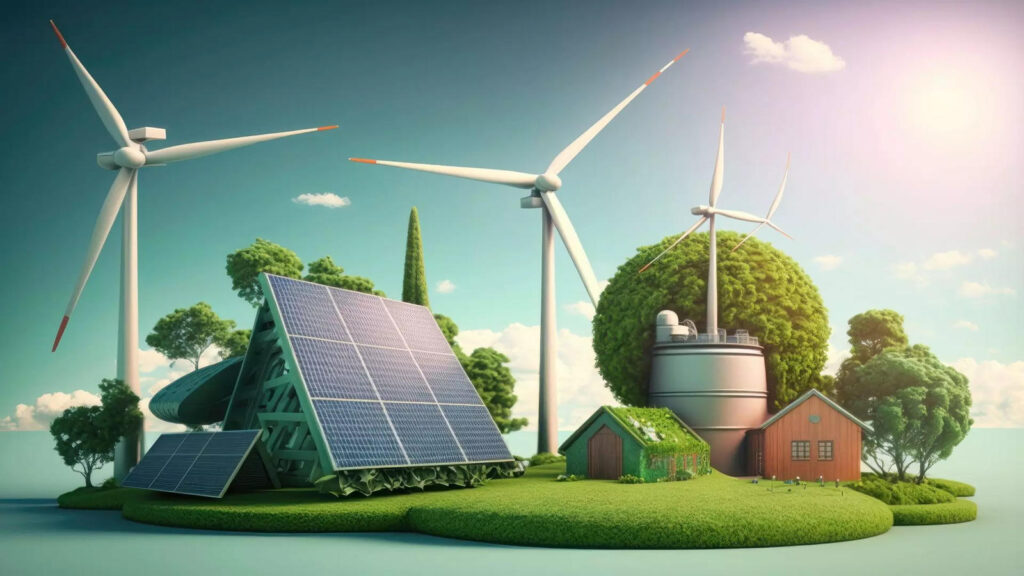Green power from biofuel is all about using renewable resources, like plants and organic waste, to create energy. It’s a cleaner, greener alternative to fossil fuels, cutting down on pollution and greenhouse gases. Biofuel offers a sustainable and renewable solution for meeting energy demands while promoting environmental conservation

What is Green Power?
Green power is energy produced from renewable sources like biofuels, wind, solar, and hydropower. The cool thing about green power from biofuel is that it uses organic materials like crops, food waste, and other plant-based sources, giving us an eco-friendly energy option.
Why Green Power from Biofuel Matters:
Cuts Greenhouse Gas Emissions
Biofuels burn cleaner than fossil fuels, which means less carbon dioxide (CO₂) and other greenhouse gases getting released into the atmosphere. This helps fight climate change and keeps the air cleaner for everyone.Renewable and Sustainable
Biofuels come from renewable resources that can be replenished, like crops and waste, unlike fossil fuels, which take millions of years to form. This makes biofuel a sustainable energy source for the long haul.Reduces Waste
Using biofuel helps us turn organic waste into something useful—clean energy. Instead of letting waste pile up in landfills, biofuel production gives it a second life.Supports Local Economies
Biofuel production often involves agricultural materials, creating more jobs and economic opportunities for farmers and local communities.Versatile Energy Source
Biofuels can power cars, trucks, buses, and even planes! Plus, they can be used to generate electricity, making them a flexible option for reducing reliance on fossil fuels.
Green Power Advantages in Points:
Reduces Greenhouse Gas Emissions: Biofuels produce fewer emissions than traditional fossil fuels, helping to lower the overall concentration of harmful gases in the atmosphere.
Promotes Sustainability: Derived from renewable sources, biofuels ensure a consistent and sustainable supply of energy, reducing dependence on finite fossil resources.
Decreases Pollution: Biofuels burn cleaner than petroleum-based fuels, emitting fewer pollutants like sulfur oxides (SOx) and nitrogen oxides (NOx), improving air quality.
Boosts Energy Independence: Using biofuels reduces reliance on imported fossil fuels, promoting energy independence and local economic growth, especially in agriculture.
Supports Agricultural Sectors: By utilizing crops and organic waste, biofuels provide new revenue streams for farmers and reduce agricultural waste, contributing to a greener agricultural sector.
